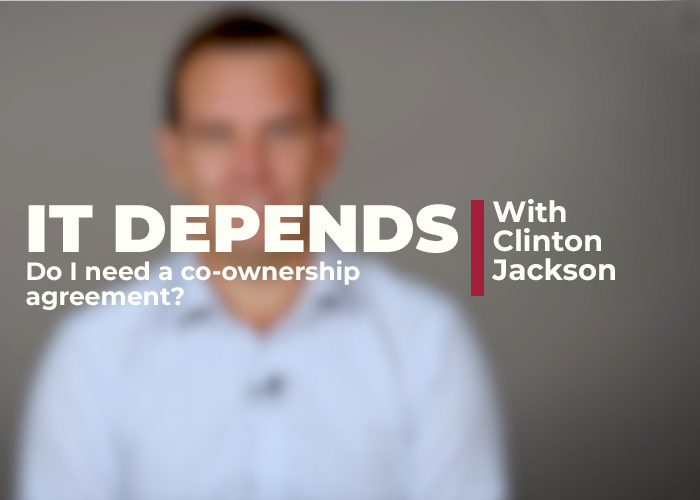Belinda has been recognised in the ‘Changemaker’ category, which honours lawyers who have demonstrated leadership and innovation, or have acted as catalysts for positive change within the profession, including in ...
- ExpertiseMenuMenuMenuMenu
- Team
- CareersMenuMenu
- News and insights
- On demand
- Training services
- Events





